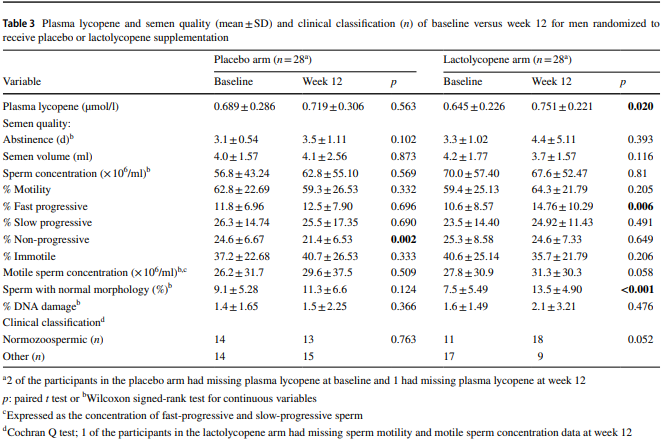Tomatoes and Sperm Quality: The Truth Behind the Claims
Written on
Understanding the Fascination with Food and Fertility
We are often drawn to two types of stories: those related to sex and those about common foods that scientists claim might improve our health. Recently, headlines around the world have suggested that tomatoes could enhance sperm counts and alleviate infertility issues.

However, the excitement surrounding the idea of tomatoes boosting sperm quality may be overblown, as the evidence supporting this claim is far from conclusive.
The Scientific Study Behind the Claims
The research sparking interest in tomatoes for sperm enhancement is a randomized controlled trial examining the effects of lycopene supplements on sperm quality. In this study, 56 healthy men were divided into two groups: one received lycopene while the other was given a placebo. After 12 weeks, only slight improvements in two sperm quality measures were observed in the lycopene group, while the placebo group showed no changes.

Tomatoes are rich in lycopene, and the amount provided in the study (14mg per day) is roughly equivalent to consuming 1-2 large tomatoes daily. This has led to the assumption that eating tomatoes might yield similar benefits without the need for costly supplements.
Unpacking the Flaws in the Research
Despite the initial excitement, several significant issues with the study have been overlooked. Primarily, the main outcome of interest—motile sperm concentration—showed no improvement from lycopene. Out of twelve sperm quality parameters tested, only two exhibited statistically significant changes.

Moreover, the study's design raised concerns. While it included a placebo group, the researchers focused solely on changes within each group rather than comparing them against each other. This approach rendered the findings largely inconclusive, as any improvements observed could be attributed to random chance rather than the supplement.
Statistical Analysis: A Closer Look
The research failed to account for multiple comparisons, which can inflate the likelihood of false positives. In essence, running numerous statistical tests increases the odds of finding significant results, even when no real effect exists. The lack of correction methods in the lycopene study adds to the uncertainty regarding the validity of its conclusions.

Overall, the narrative that tomatoes can enhance sperm quality is not well-supported by this research, which is crucial to consider in light of its publication.
Final Thoughts on Tomatoes and Fertility
While it’s not entirely out of the question that tomatoes might contribute positively to sperm health, the current evidence is weak. This study, which is the most comprehensive to date, failed to demonstrate substantial benefits. The hype surrounding lycopene as a fertility booster appears unfounded at this time.

Interestingly, the funding source for this study, Cambridge Nutraceuticals—producers of the LactoLycopene supplement—raises questions about the motivations behind the enthusiastic media coverage.
For those concerned about fertility, it's advisable to consult a healthcare professional rather than relying on dietary changes alone, such as increasing tomato consumption.
